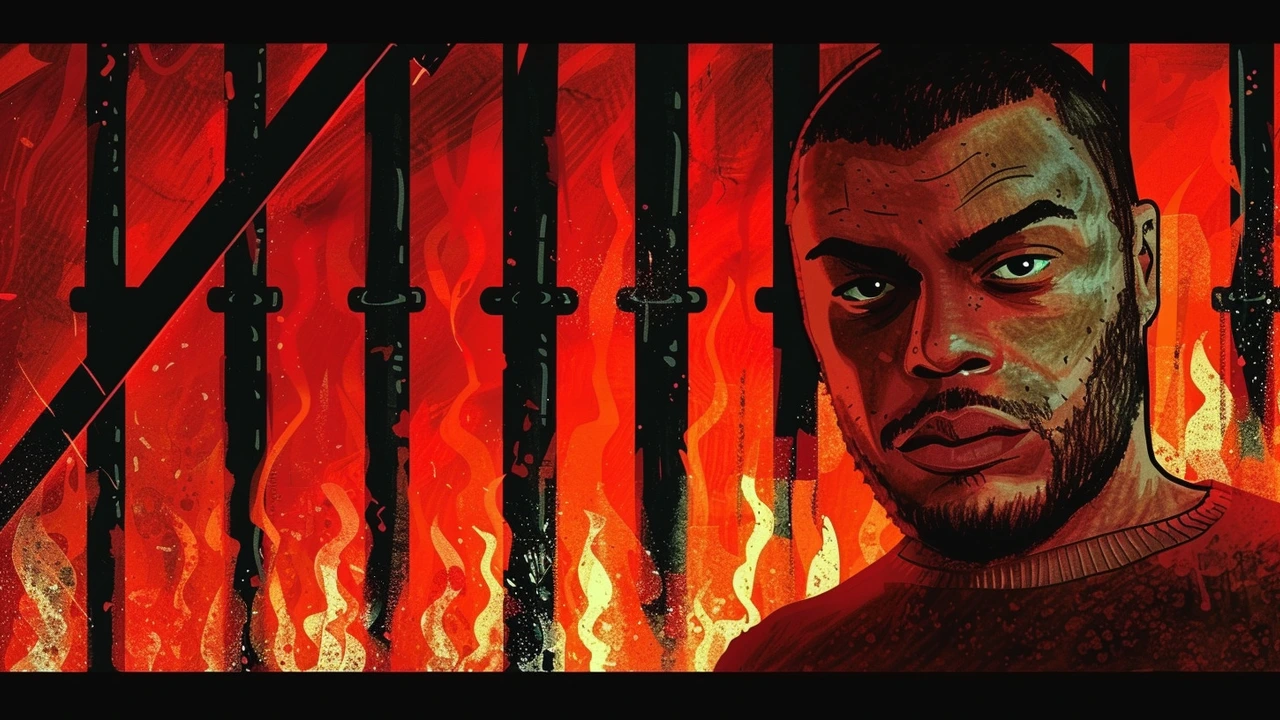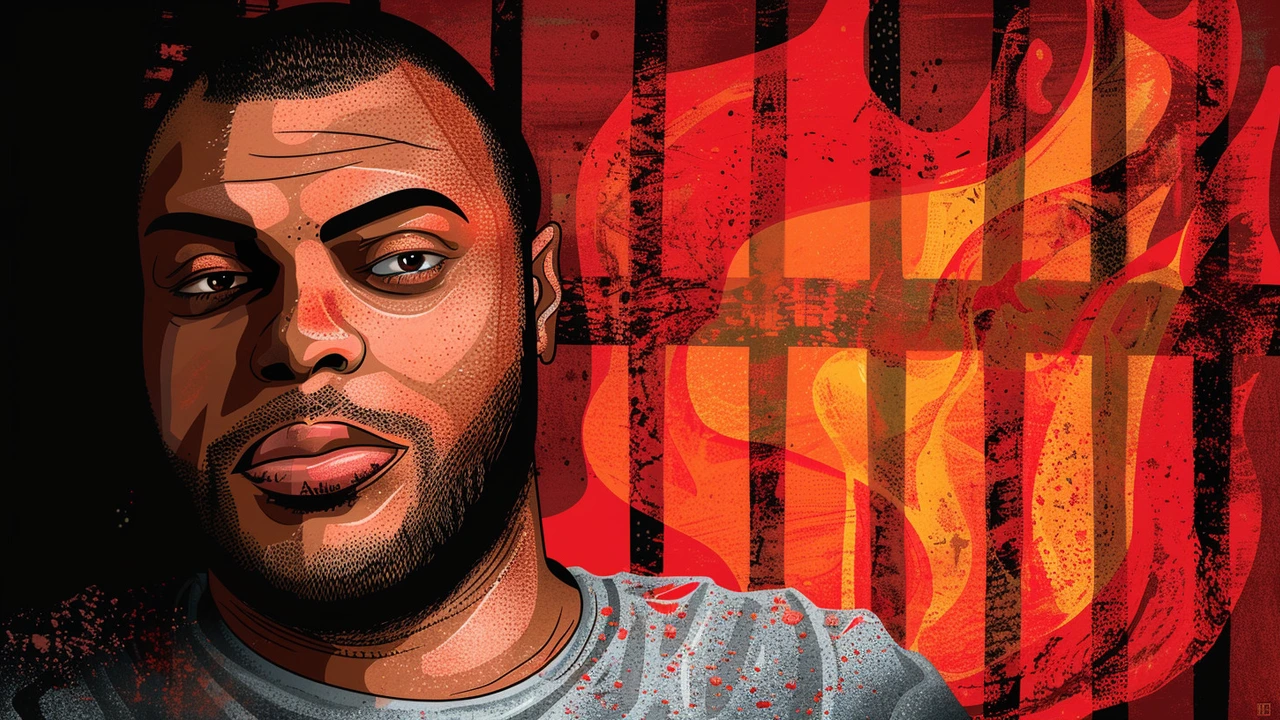Thabo Bester Trial Faces Further Delays Amid Legal and Prison Complaints
 Jun, 6 2024
Jun, 6 2024
Thabo Bester's Escape Case Sees Another Delay
The high-profile case of Thabo Bester, who infamously escaped from the Manguang Correctional Centre in May 2022, continues to face delays as the pre-trial conference has now been postponed to July 24. Bester, already serving a life sentence for his heinous crimes of two counts of rape and one count of murder, managed to exit the supposedly secure prison with assistance allegedly provided by Nandipha Magudumana and several officials from the prison managed by the multinational security firm G4S.
The dramatic escape has since resulted in the accused facing a total of 16 charges, among them fraud, corruption, and aiding an inmate's escape. Notably shocking is the charge relating to the violation of dead bodies, indicating the lengths potentially gone to orchestrate Bester's audacious getaway. Each of these charges reflects a severe breach of security and legal protocols, casting a shadow on the integrity of the institutions involved.
Legal Complications
Add to this, further complications arose when Thabo Bester's legal representative, Advocate Mohamed Seedat, withdrew from the case. Seedat cited travel issues as the reason for his withdrawal, leaving Bester without a lawyer mere days before the conference. This sudden change has once again contributed to the postponement of the case, underscoring the complexity and fluidity of legal proceedings, especially in cases surrounded by high media scrutiny.
Bester himself has voiced several complaints concerning his treatment and the conditions of his imprisonment. He has highlighted issues such as confidentiality breaches during lawyer consultations, restricted access to his legal documents, and the overall conditions of his imprisonment. These issues have led him to assert that his right to a fair trial is being compromised.
Prison Conditions and Rights Infringement
During the court hearing, Bester voiced his frustration over being handcuffed during court appearances and claimed that these conditions severely infringe upon his basic rights. He further detailed his experiences of isolation, stating that he has been kept segregated from others for the past 15 months, complicating his ability to adequately prepare his defense and access necessary legal documentation.
Bester’s list of grievances extended to his appeal for legal reforms, as he dramatically requested the re-establishment of the death penalty via a public petition. He expressed his desire to be sentenced to death, a striking plea that underscores his current desperation and perceived injustices within the prison system.
Judicial Response
Judge Joseph Mahlambi, overseeing the case, acknowledged Bester's complaints but advised him to take a formalized approach. The Judge suggested that Bester hire a lawyer who could submit a formal application addressing his concerns before the court. By doing so, Bester's grievances can be formally investigated and addressed within the appropriate legal frameworks.
Additionally, Judge Mahlambi guided Bester to lodge a complaint with the Judicial Inspectorate for Correctional Services. This body is responsible for investigating conditions within correctional facilities, potentially offering a ray of hope for better treatment and adherence to the rights of inmates.

Deepening the Investigation
The postponement of the pre-trial conference pushes back the timeline for justice further, raising questions about the efficiency of the legal process in such a high-stakes case. The intricate nature of Bester's escape and the subsequent legalities surrounding it keep the public and media in a state of keen anticipation. Each delay potentially allows for deeper investigations, collection of more solid evidence, and a more profound understanding of the events that transpired during Bester's escape.
Impact on the Criminal Justice System
The involvement of officials from G4S, a prominent multinational security firm, has also ignited discussions on the privatization of prison management and its implications on security and accountability. This case has spotlighted potential loopholes and inefficiencies within such systems, prompting a broader examination of how justice and security are administered in correctional facilities.
As details unfold, the trial of Thabo Bester serves as a stark reminder of the persistent challenges within the criminal justice system. From ensuring the fair treatment of inmates to maintaining the integrity of legal processes, the case underscores the multifaceted nature of justice and the need for reforms in prison management and legal representation.

Looking Ahead
With the new trial date set for July 24, all eyes remain fixated on the proceedings. The criminal justice system is under scrutiny, with public expectations running high for a fair and judicious outcome. Meanwhile, the involved parties prepare, adjust, and brace for the next steps in this ongoing saga. The case of Thabo Bester is far from over, and each postponement only adds layers to an already complex narrative. How this will all unfold remains a matter of great interest and concern.